The 2ND Eastern Africa Global Navigation Satellite Systems and Space Weather Capacity Building Workshop, June 1st – 5th, 2020 at Pwani University (NOTE: Due to COVID-19 Pandemic, the event has been postponed to 2021)
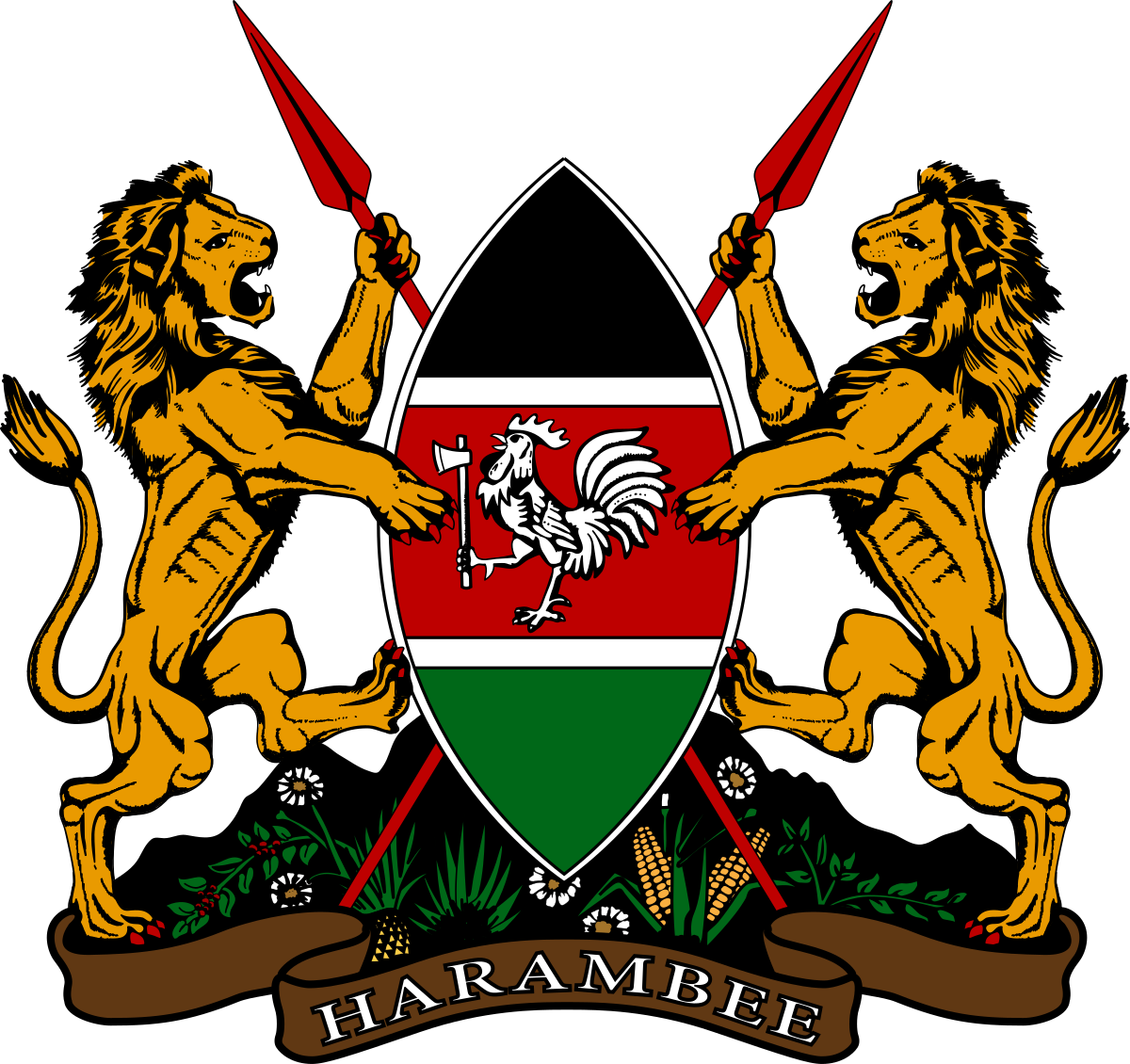
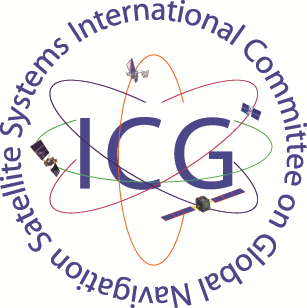
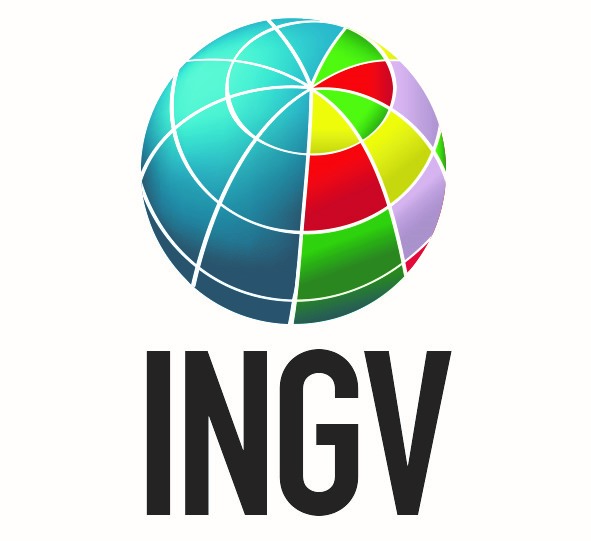
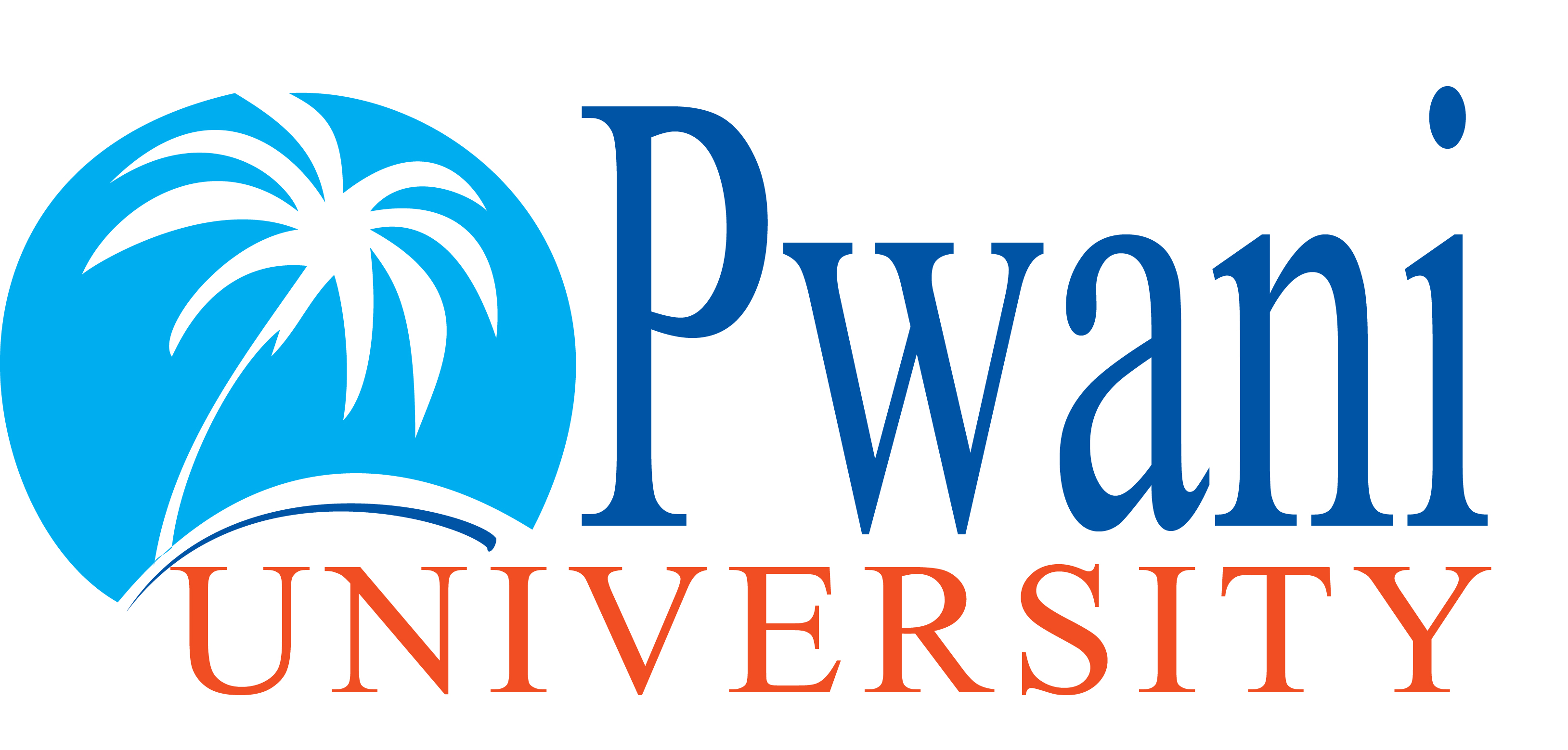
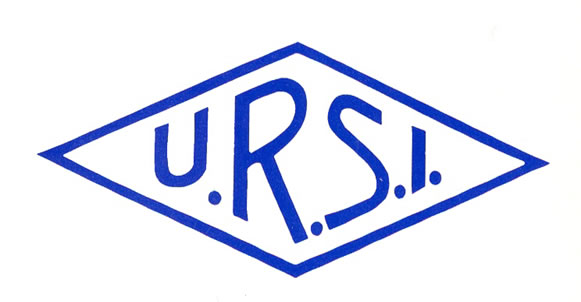
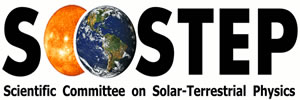
Introduction
The Eastern Africa GNSS and space weather capacity building workshop is aimed at developing a regional team to enhance space weather monitoring capabilities over the region. Space weather is the term used to refer to the set of physical and electromagnetic processes and effects that occur on the Sun, and ultimately interact with the Earth’s magnetic sphere, atmosphere and surface. These phenomena which include solar flares, solar wind, geomagnetic storms and coronal mass ejections can have adverse effects on modern technological infrastructure in orbits and on the earth surface. The effects of space weather are more dynamic and highly unpredictable over the low latitude regions. The bulk of the sub-Saharan region mainly lies in the low latitude region where very limited efforts have been made to understand the adverse impact of space weather on its population. The low latitude regions are highly vulnerable to adverse space weather events due to modification introduced on ionospheric currents system. Moreover, the day to day ionospheric turbulence that occurs after local time sunset remains a great challenge. The turbulent post sunset ionosphere over this region has been associated with the high-density equatorial plasma bubbles which span to other latitudes during severe space weather events. The equatorial plasma bubbles are directly linked to disruption of radio wave propagation since they cause radio wave scintillation. The disruption of radio communication and satellite positioning and navigation can adversely affect both everyday life, commerce and disaster relief in equatorial regions.
In this workshop we aim to exploit the expertise already attained and infrastructure in Pwani University to bring together scientists and students (Masters or Ph. D research students or Post Docs) from the eastern African region (namely: Ethiopia, Kenya, Uganda, Rwanda, Tanzania, and Zambia) to a five days space weather workshop at Pwani University. During this workshop, the activities to be done will mainly be focused on lectures by international experts. Lectures will be accompanied by Laboratory projects that should enable a hand on capability with data analysis and interpretations. The workshop aims at forming a regional team focused on increasing capacity building for space weather monitoring, instrumentation, education and research in their home institutions
WORKSHOP DIRECTORS
- Dr. Olwendo Joseph – Pwani University.
- Dr. Cesaroni Claudio- Istituto Nazionale di Geofisica e Vulcanologia (INGV-Italy)
SECRETARIAT
- Ms. Joy Mwikamba – Pwani University
INTERNATIONAL ADVISORY COMMITTEE
- Prof. Rabiu Babatunde-National Space Research and Development Agency, Nigeria
- Prof. Christine Amory Mazaudie- Sorbone University LPP Polytechnique, France
- Prof. Patricia H. Doherty-Institute for Scientific Research, Boston College.
- Prof. Zhen Weimin-China Research Institute of Radiowave Propagation, CRIRP China
- Dr. Sharafat Gadimova-United Nation Office of Outer Space Affairs, Austria
- Dr. David Baratoux-AFIPS Scientific Steering Committee Member.
LOCAL ORGANIZING COMMITTEE
- Dr. Olwendo Joseph – (LOC Chair), Pwani University.
- Dr. Thomas Baluku- Pwani University.
- Dr. Joseph Karanja – Pwani University
- Prof. Paul Baki- Technical University of Kenya.
- Maj. Andrew Nyawade- MoD/Kenya Space Agency
SPEAKERS
List of speakers for the East African GNSS and space weather workshop 2020, Pwani University.
| Name | Institution | Subject |
|---|---|---|
| Prof. Babatunde Rabiu | NASRDA –Nigeria | Space Science research in Africa-Present status –Zonal Electric fields (Equatorial Electrojet) |
| Prof. Christine Amory Mazaudie | Sorbone University LPP Polytechnique | Sun-Earth Connection and Space Weather |
| Prof. Giovanni Laneve | Universita di Roma La Sapienza | Space activities at the Broglio Space centre, Malindi (Kenya) |
| Dr Claudio Cesaroni | INGV-Italy | Introduction to ionospheric physics - TEC calibration and mapping |
| Dr Daniel Okoh | ASRDA –Nigeria | TEC calibration over Africa-afriTEC model |
| Dr Stefan Lotz | South Africa National Space Agency | Geomagnetically Induced Currents-GICs |
| Dr Olwendo Joseph | Pwani University | Low latitude Scintillation -opportunities with LEO satellite data |
| Dr John Bosco Habarulema | AFIPS representative | TIDs and techniques to monitor them |
| Dr Bruno Nava | International Centre of Theoretical Physics | Ionospheric modelling and data assimilation |
| Dr.Venkatesh Kavutarapu | UNIVAP (Brazil) | Effect of a geomagnetic storm on low latitude ionosphere |
| Dr. Ing. B. A. Witvliet | University of Twente | HF propagation |
| Dr Katy Alazo Cuartas | International Centre of Theoretical Physics |
TEC calibration |
| Dr. Kirsti Kauristi | Finnish Meteorological Institute (leader of PECASUS Consortium) | Space Weather service for aviation. State of the art and future development |
TOPICS
- GNSS and Communication Systems.
- Space Weather prediction and forecasting.
- Ionospheric Irregularities and Geomagnetic Disturbances
- Solar active phenomenon
- Space environment effects on satellite systems
- Space weather applications in Aviation
PARTICIPATION
Participants will be drawn from countries within the East African region only. Application dates and forms will be provided in due course
SPONSORS OF THE EVENT
- Kenya Space Agency
- INGV
- International Committee on Global Navigation Satellite System (ICG)
- Scientific Committee on Solar Terrestrial Physics-SCOSTEP
- International Union of Radio Science-URSI
